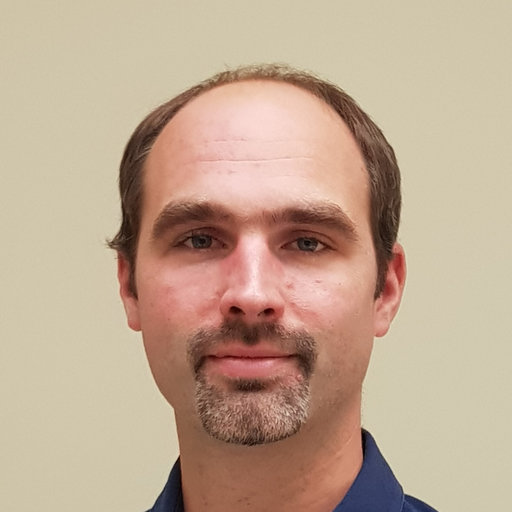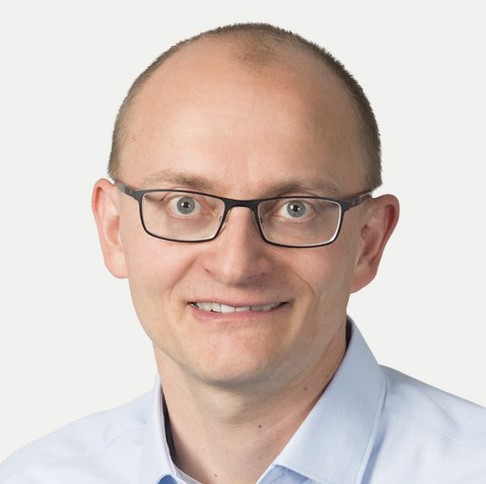Collection
Pollutant Degradation through Microbial Consortia
- Submission status
- Open
- Open for submission from
- 11 December 2023
- Submission deadline
- 30 September 2024
It is evident that environmental pollution is on the rise due to the release of chemical wastes, heavy metals, pesticides, herbicides, and other contaminants. Bioremediation emerges as a crucial approach to counteracting this issue by leveraging natural systems encoded in microbes. This Collection places a spotlight on the pivotal role of microorganisms, microbial enzymes, and genetically engineered systems, including microbes, in effectively degrading and remediating pollution. Key questions involve sustainable approaches to tackle pollution's impact on soils, oceans, as well as the air.
Areas of emphasis within this collection include the biodegradation of contaminants, the utilization of microorganisms' natural metabolic processes to eliminate or neutralize pollutants, synthetic biology, genetic engineering, biodegradation of microplastics and the bioremediation process. Additionally, attention is directed towards identifying genes, pathways, and proteins with special applicability to pollutant degradation processes. The Collection ultimately aims to contribute to understanding and mitigating environmental pollution.
Editors
-
Bruna Matturro
Dr. Bruna Matturro has obtained her PhD in Chemical and Industrial Processes in 2014 at the Sapienza University of Rome. She is currently a researcher at the Water Research Institute of the National Research Council, Italy (IRSA-CNR). She carries out research in the sector of bioremediation of environmental matrices contaminated by toxic compounds. She mainly focuses on the monitoring of biomarkers involved in the biological degradation processes of pollutants, using advanced molecular methods, including omics approaches. She is also involved in the development of microbial cultures of biotechnological interest for the bioremediation sector.
-
Onruthai Pinyakong
Prof. Dr. Onruthai Pinyakong is an Associate Professor at Department of Microbiology, Faculty of Science, Chulalongkorn University, Thailand and Head of Center of Excellence in Microbial Technology for Marine Pollution Treatment. She received her Ph.D. in Biotechnology from The University of Tokyo, Japan. Her research focuses on microbial technology for bioremediation of polluted environments. Her research group would like to develop robust bacterial consortia and reveal insights into bacterial roles as well as their interactions for enhanced biodegradation. She received L’Oreal-UNESCO Fellowships for Woman in Science, Thailand in 2014.
-
Benjamin Horemans
Prof. Dr. Benjamin Horemans is an Assistant Professor at KU Leuven, Belgium. He has obtained his PhD in Environmental Microbiology from KU Leuven. His research focuses on engineering microbiomes for applications that contribute to the advancement of the biobased circular economy. This involves designing microbiomes for tasks such as wastewater treatment, the valorization of biomass waste or residues, and the recovery of nutrients. Drawing inspiration from the functionality of natural ecosystems, he replicates and adapts these principles in the field of biotechnology.
-
Boris Kolvenbach
Dr. Boris Kolvenbach is Research Associate in environmental biotechnology at the University of Applied Sciences and Arts at Northwestern Switzerland. He has over 60 academic articles published on the bioremediation of environmental pollution.





